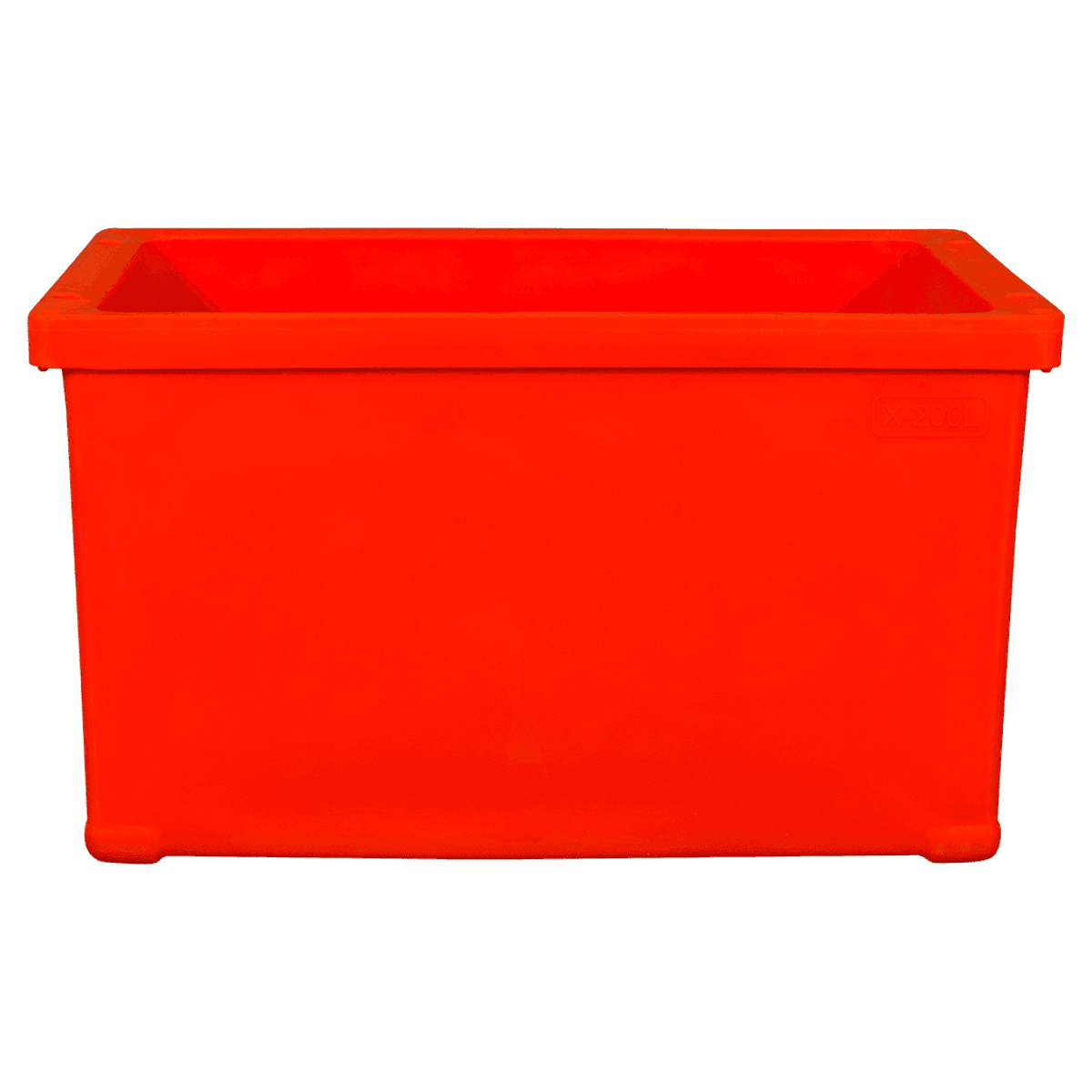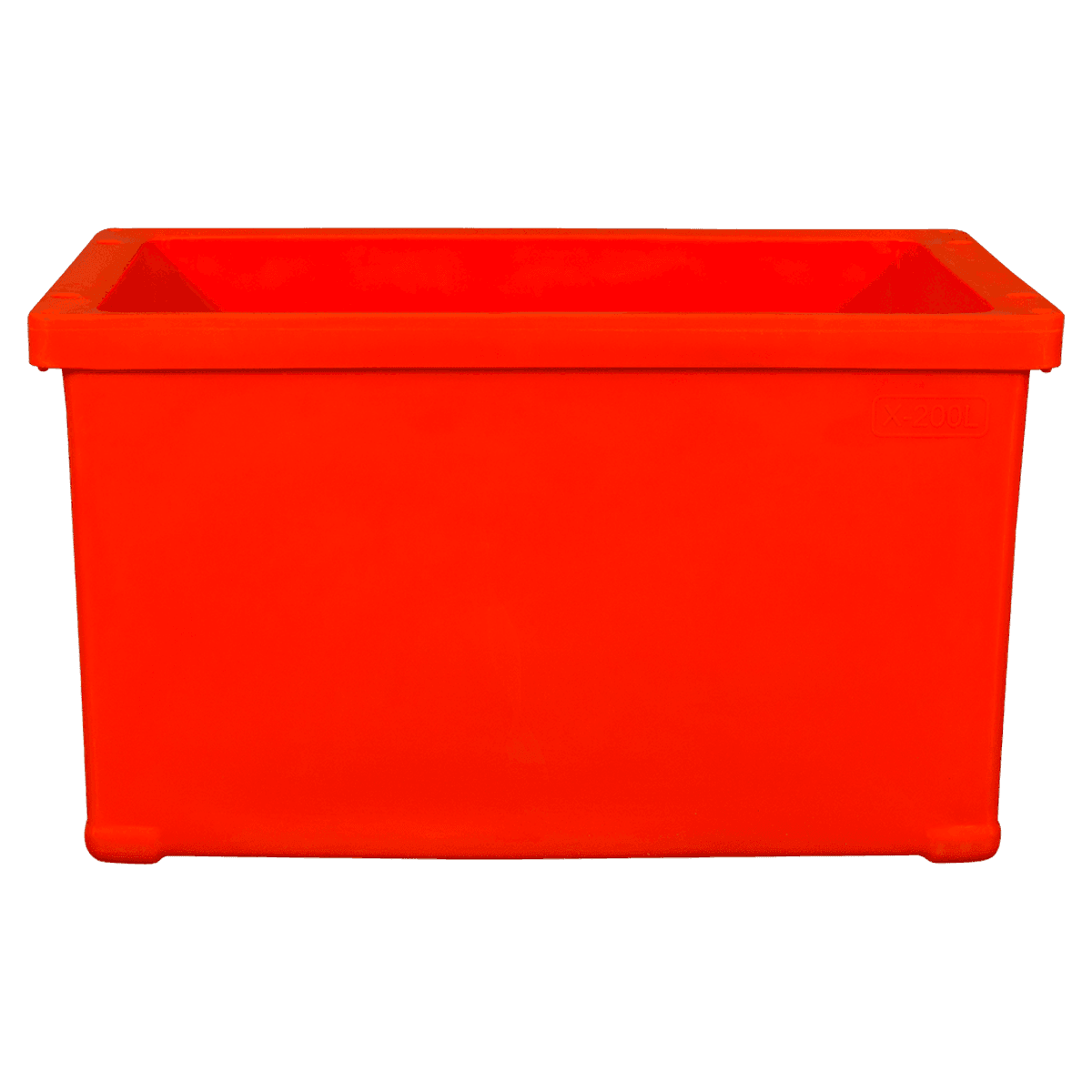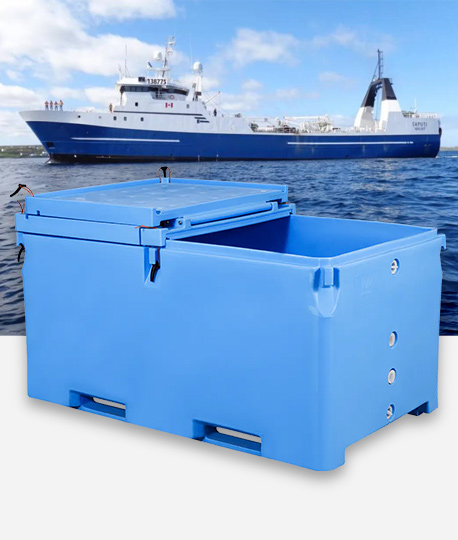Content
Introduction
In outdoor activities, camping, road trips, beach parties, and even daily BBQs, a Cooler Box has become an essential piece of gear. It not only keeps food and drinks cold but also extends freshness, creating a more enjoyable outdoor experience.
With more and more options available on the market, many consumers have the same question: “Which Cooler Box is better? Plastic or Metal?”

Features of Plastic Cooler Boxes
Advantages of Plastic Material
Plastic cooler boxes are the most common type on the market and are loved by most consumers. They come with several clear advantages:
- Lightweight and portable: Plastic is lighter, making it easy to carry for individuals or families on short trips.
- Rust-resistant: Plastic won’t rust, even when exposed to water.
- More affordable: Plastic cooler boxes are cheaper compared to metal ones, making them budget-friendly.
Suitable Scenarios for Plastic Cooler Boxes
- Picnics: Easy to carry without adding much burden.
- Short camping trips: Perfect for 1–2 days outdoors.
- Beach outings: Lightweight plastic coolers are ideal for carrying drinks and snacks to the beach.
Downsides of Plastic Cooler Boxes
- Average durability: May develop scratches or cracks over time.
- Limited cooling performance: Most plastic models only keep things cool for a short period.
- Basic appearance: Lacks the premium or retro look that metal coolers have.
Features of Metal Cooler Boxes
Advantages of Metal Material
Metal cooler boxes are often made from steel or aluminum alloy, offering better build quality and a premium feel. Their main advantages include:
- Strong and durable: Can withstand greater impact without damage.
- Better cooling performance: Metal structures combined with high-density insulation maintain low temperatures more effectively.
- Stylish retro look: Many metal cooler boxes feature vintage designs, appealing to those who value aesthetics.
Suitable Scenarios for Metal Cooler Boxes
- Long road trips: Keeps food fresh for longer, ideal for multi-day journeys.
- BBQ gatherings: Large capacity and stylish appearance, perfect for groups.
- Professional outdoor use: Such as fishing trips or extended camping, where reliability is crucial.
Downsides of Metal Cooler Boxes
- Heavy weight: Heavier than plastic, less convenient to transport.
- Higher price: Often several times more expensive than plastic models.
- Heat absorption: The outer surface can heat up quickly under the sun, requiring careful placement.
Plastic vs. Metal Cooler Boxes
To better understand the differences, here’s a side-by-side comparison:
| Comparison Aspect | Plastic Cooler Box | Metal Cooler Box |
|---|---|---|
| Weight | Lightweight | Heavier |
| Durability | Average | Excellent |
| Cooling | Moderate | Better |
| Price | Affordable | Expensive |
| Appearance | Modern & simple | Retro & premium |
Recommendations for Different Scenarios
Short Trips and Daily Use
If your plan is just for weekend picnics, short camping trips, or relaxing on the beach, a plastic cooler box is the better option. It’s portable, affordable, and has enough capacity for short-term needs.
Long Trips and Frequent Use
For frequent travelers or those who need to keep food fresh for extended periods, a metal cooler box offers clear advantages. Especially for long road trips or professional fishing, its durability and cooling performance provide a better experience.
Family vs. Personal Use
- For families: A larger-capacity metal cooler is recommended for group sharing.
- For individuals: A compact plastic cooler is enough for easy carrying and storage.
How to Choose the Right Cooler Box
Consider Capacity
- Small (10–20 liters): Best for solo short trips.
- Medium (20–40 liters): Ideal for family outings.
- Large (40+ liters): Suitable for group gatherings or long journeys.
Consider Budget
- Limited budget: Plastic coolers are more cost-effective.
- Quality-focused: Metal coolers are worth the higher investment due to their longevity.
Consider Frequency of Use
- Occasional use: Plastic models are sufficient.
- Frequent use: Metal models are more reliable.


 English
English Español
Español عربى
عربى 中文简体
中文简体
-4.png)
-4.png)
-2.png)

-2.png)
-2.png)




